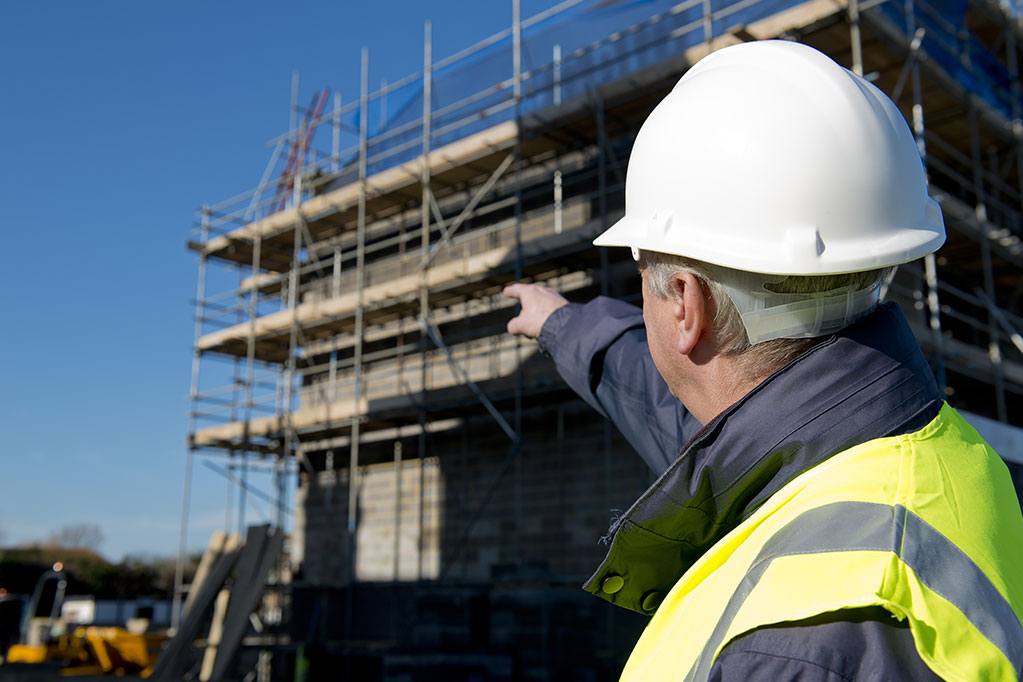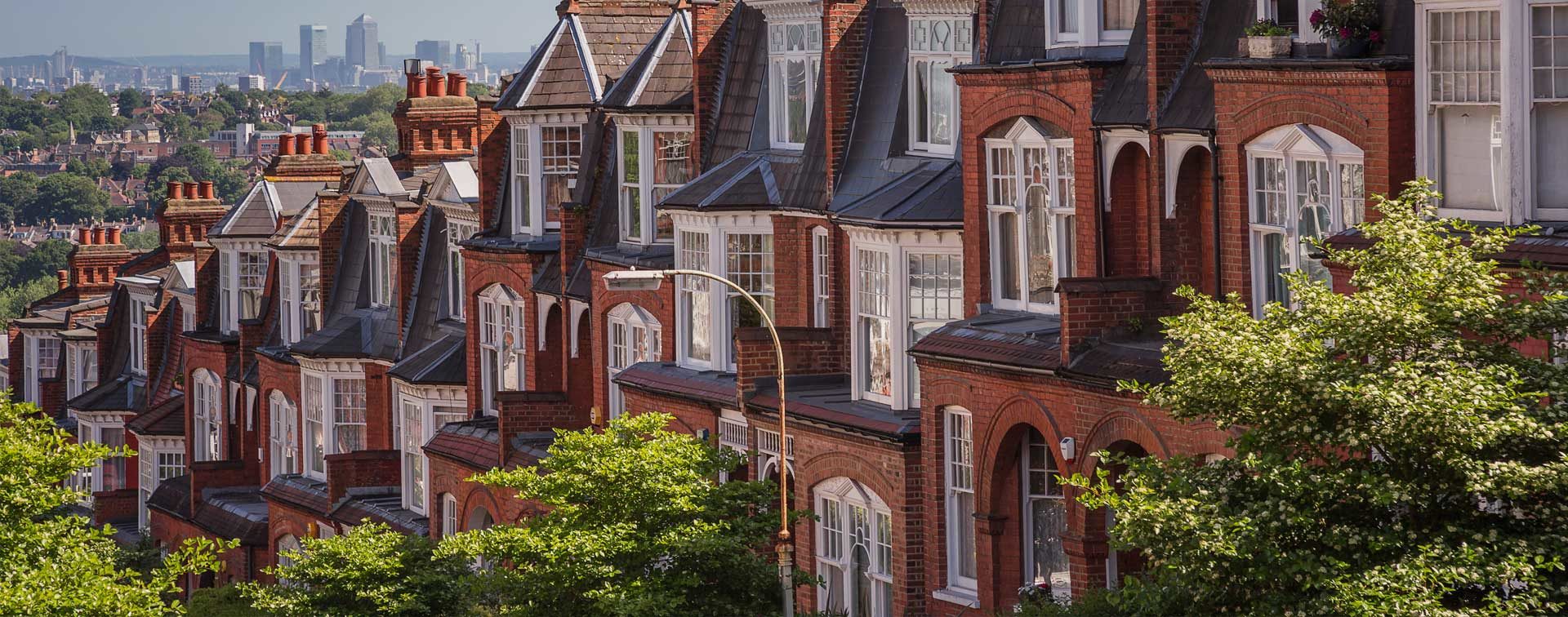
Building survey
The RICS Building Survey (previously known as the Structural survey) is the most comprehensive report of its kind and would normally be used for larger or older properties, or when planning major structural works. The report provides an in-depth analysis of the property’s condition and includes advice on defects, repairs and maintenance options.
Building Surveys generally:
- Establishes how the property is built, What it is built with and how this will fair in the future
- Inspect visible defects, plus exposing potential problems posed by hidden defects
- Outlines the repair options with a guide timeline, while explaining the consequences of not acting
- Provides a report on energy efficiency
- Describes the construction/condition of the property on the date of inspection
- Identifies any problems that need urgent attention or are serious
- Identifies things that need to be investigated to prevent further damage
- Tells you about problems that may be dangerous
- Shows up potential issues and defects, before any transaction takes place
- Helps you decide whether you need extra advice before committing to your purchase
- Allows you to budget for any repairs or restoration
- It includes advice on repairs, and provides estimated timings and costs, and will tell you what will happen if you do not do the repairs
- Unless specified, it probably will not include an insurance reinstatement value estimate, or a market valuation.
A building survey is the most expensive type of survey, many properties do not require it but for those that do it is worth the investment.

